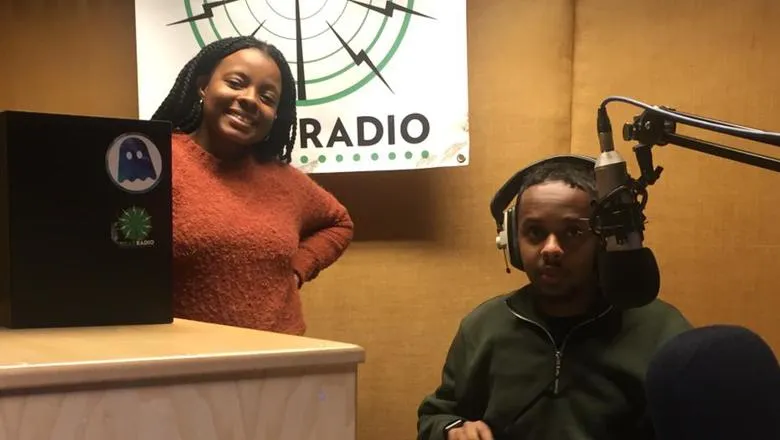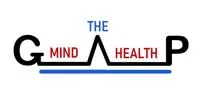Ten years on from the Marmot review, we’ve seen that health inequalities have appeared to have widened, life expectancy has stalled and also housing, work income, education, attainment […] have stalled at the same rate.
Mohamed Ali, Global Health & Social Medicine alumnus
15 June 2020
COVID-19 is illuminating the inequalities affecting the health of BAME communities, says King's alumni
The current pandemic has brought existing racism and the social determinants that affect the health of Black and Minority Ethnic people in Britain to centre stage, say two King’s graduates in the latest episode of WORLD: we got this.

In the second part of a ‘Racism is a health risk’ episode, Beauty Dhlamini and Mohamed Ali, alumni of the Department of Global Health & Social Medicine, discuss how current health inequalities stem from existing social and economic inequalities.
They both argue that the COVID-19 health crisis, during which the BAME community has been disproportionately affected, is bringing these inequalities to the forefront of conversations.
Such inequalities include those present in childbirth – black women in the UK are five times more likely to die in childbirth and contend with high infant mortality rates.
“For ages, black women – and in the wider context, black people – have been speaking out about health inequalities and issues with accessing healthcare,” says Beauty, who argues the need to stop pathologising black women and to start listening to them instead.
The issue is that a lot of our experiences [as black women] are not validated by evidence-based data and that’s largely due to a lack of engaging with communities.
Beauty Dhlamini, Global Health & Social Medicine alumnus
In the episode, she recommends how to move beyond practices like tick-boxing and unconscious bias and diversity training, to ensure a complete restructuring of how we understand issues affecting black people.
Meanwhile, Mohammed highlights the need to mobilise community support and ensure communities, particularly those that are marginalised, are represented in research.
“Research [needs to be] meaningful in a way that improves health outcomes for those communities – and we go from research to policy enactment.”
This will also ensure trust within the communities.
He also recognises the importance of the national strategy for action on the social determinants of health. This includes understanding the impact of poor housing, income and social security safety nets on the spread of disease.
“What we’re seeing at the moment with COVID-19 is that key workers, who are from BAME backgrounds, can’t afford to not work and some of them are not entitled to sick pay. So, we need a social security safety net that allows as many people as possible to work from home […] or not have to be at the face of the disease.”
They also go on to discuss their own podcast, Mind the Health Gap, which aims to provide accessible, reliable and uncensored global health discussion.
Their podcast particularly focuses on the effects of global health on marginalised communities and aims to deliver reliable and effective information on health for this very same audience – something that COVID-19 has further demonstrated the need for.
Listen to part 2 of the discussion on health and racism on the WORLD: we got this podcast.

